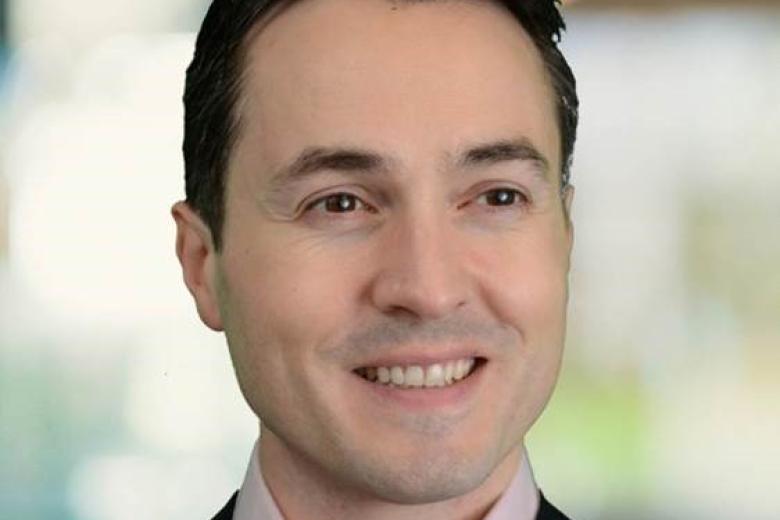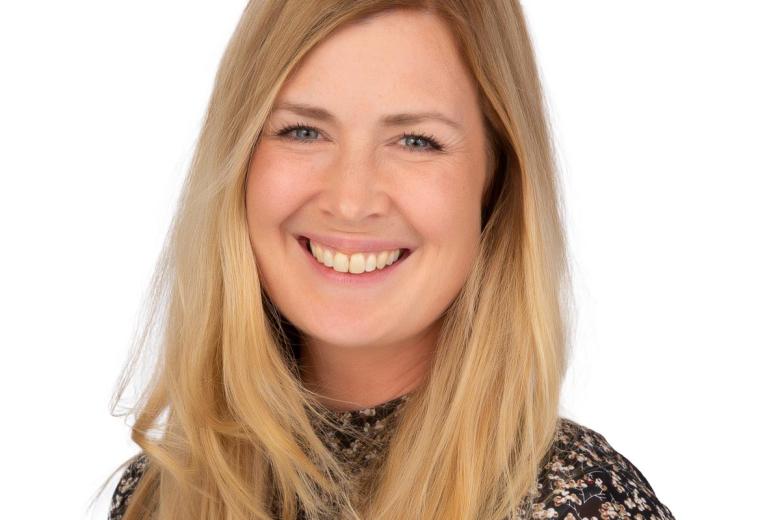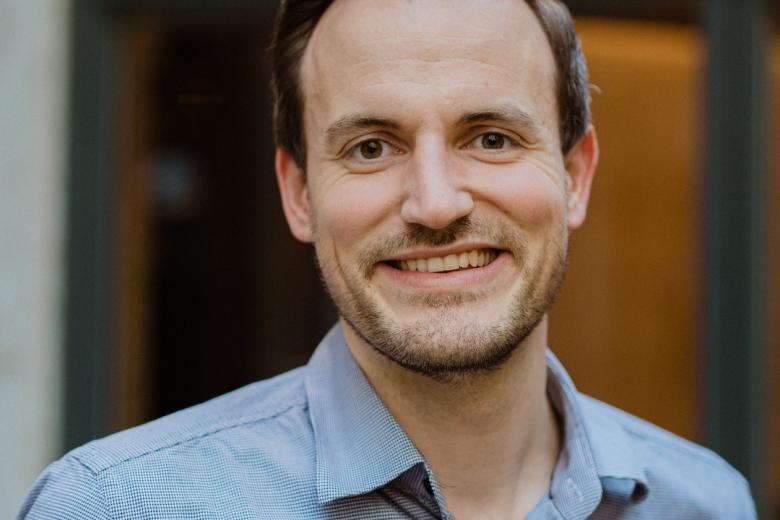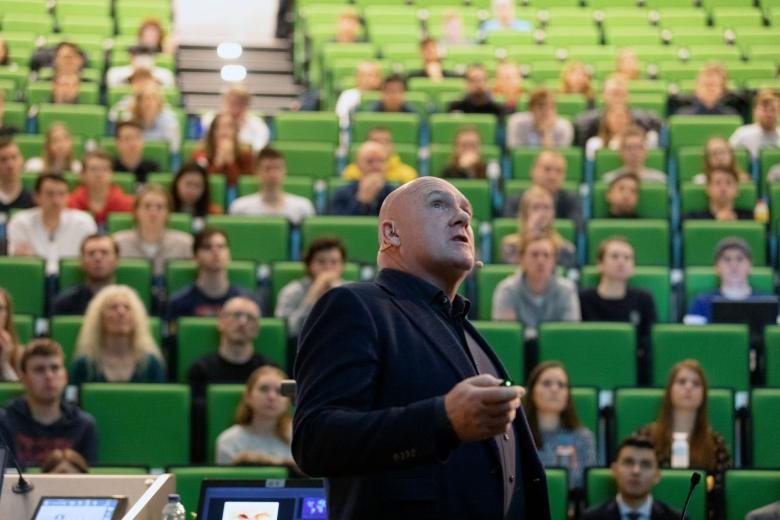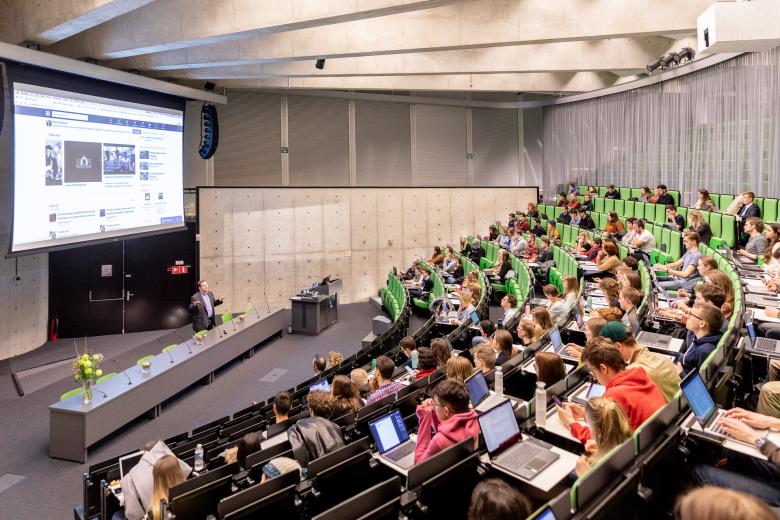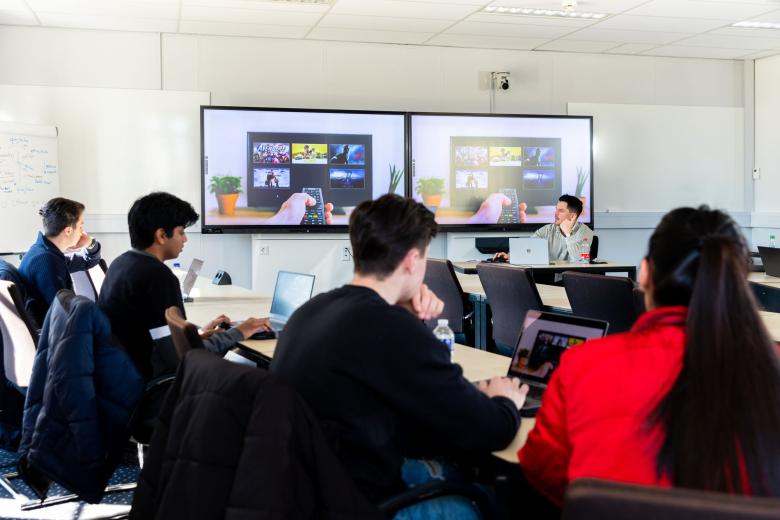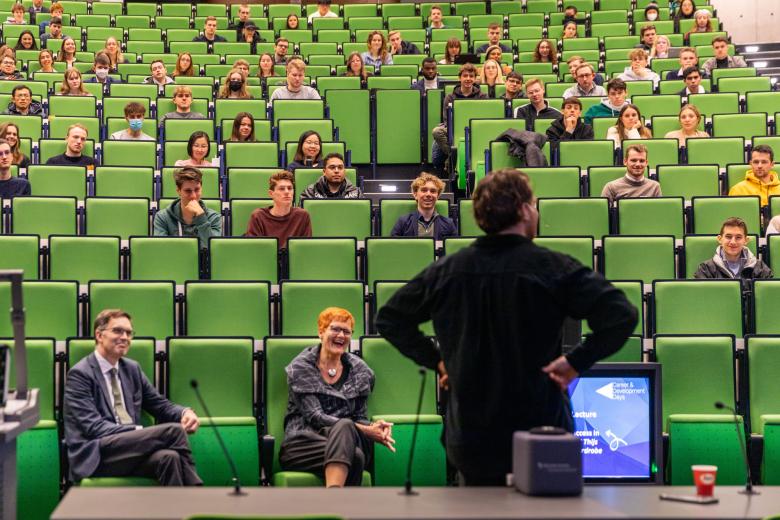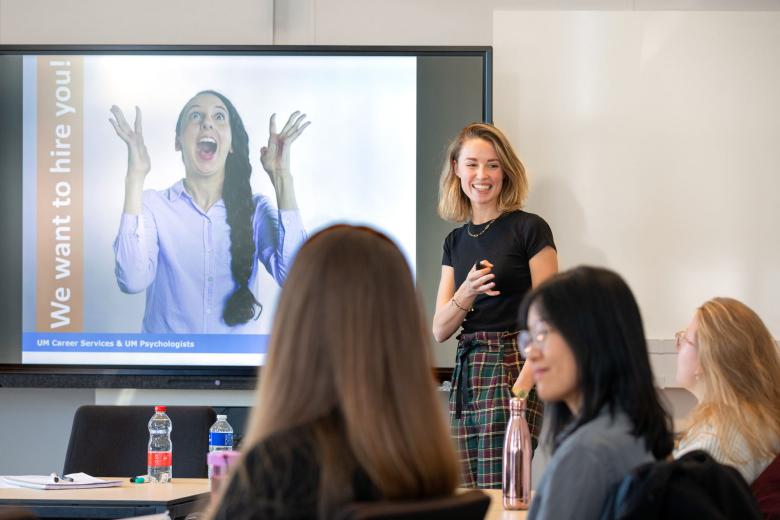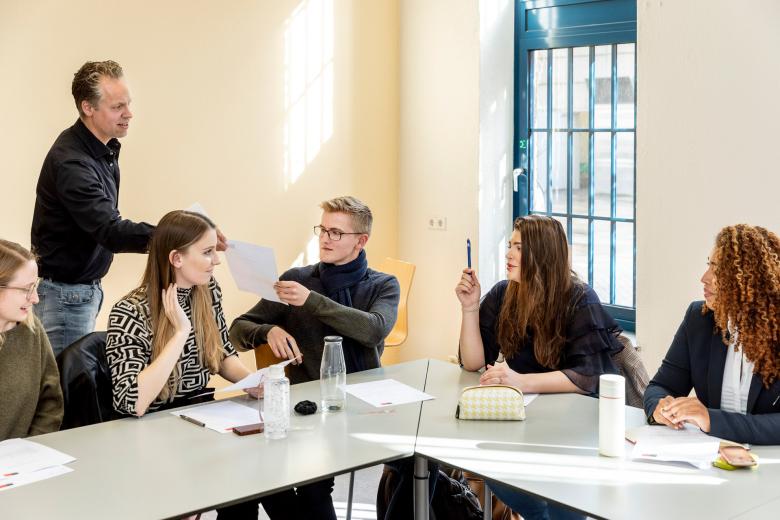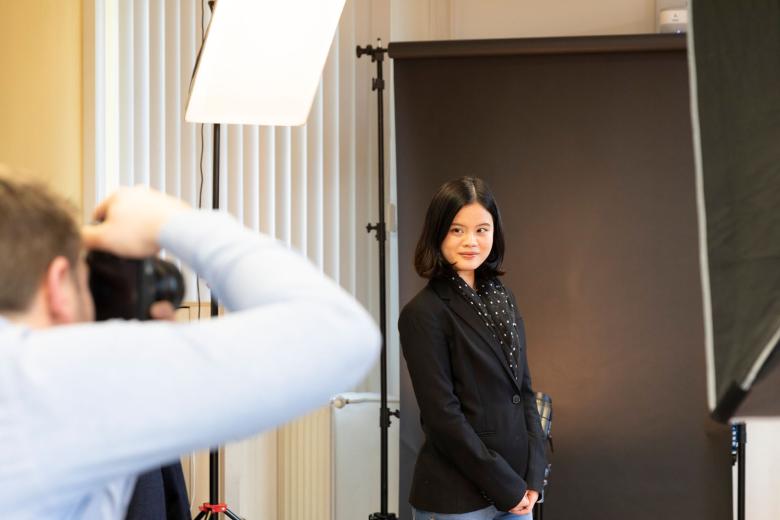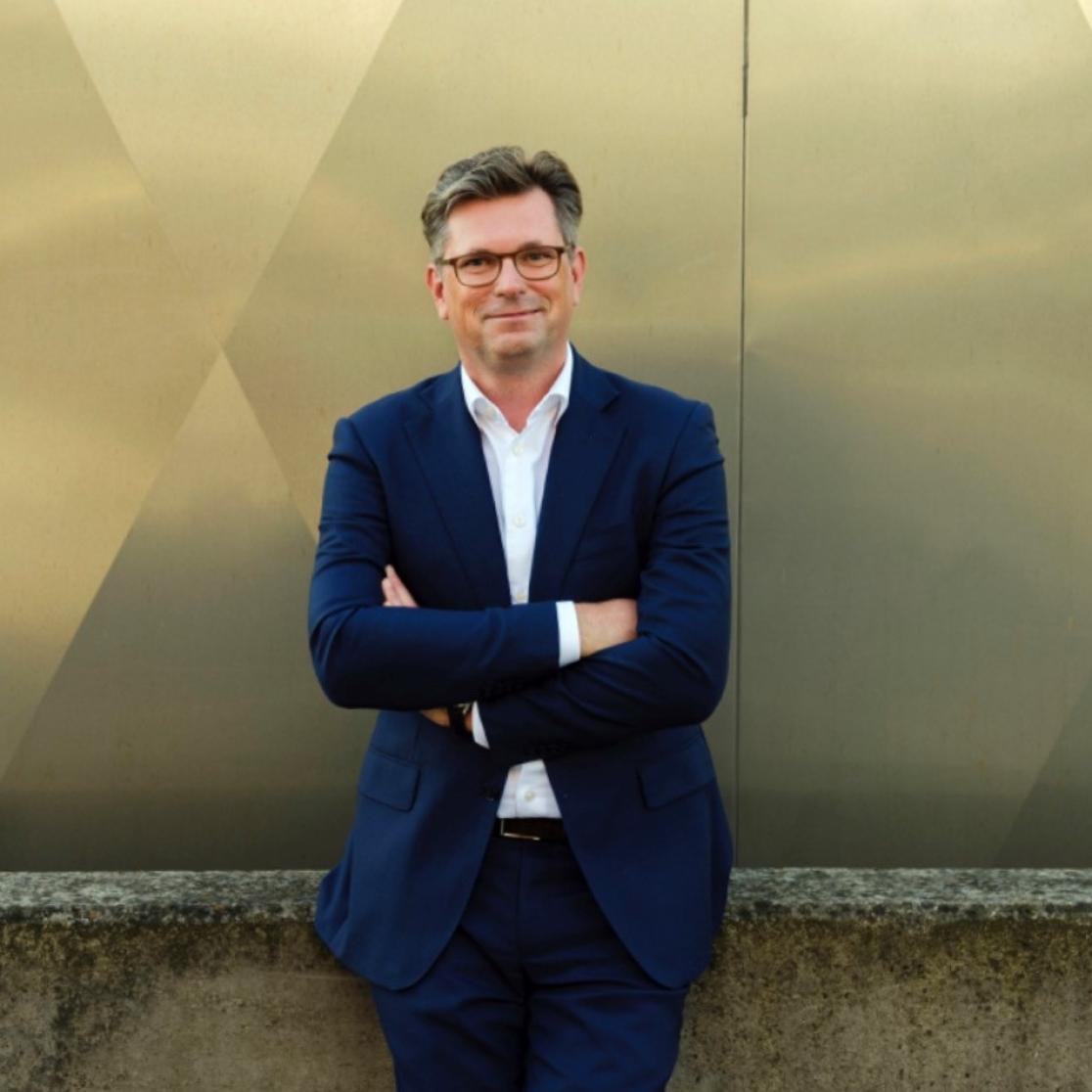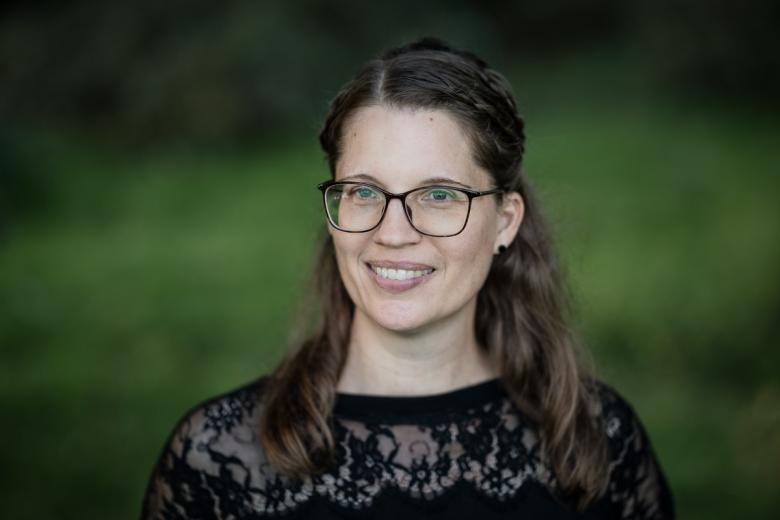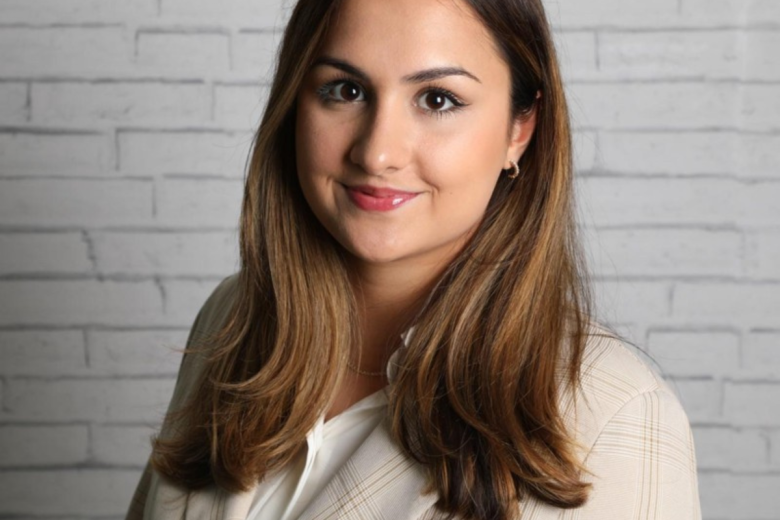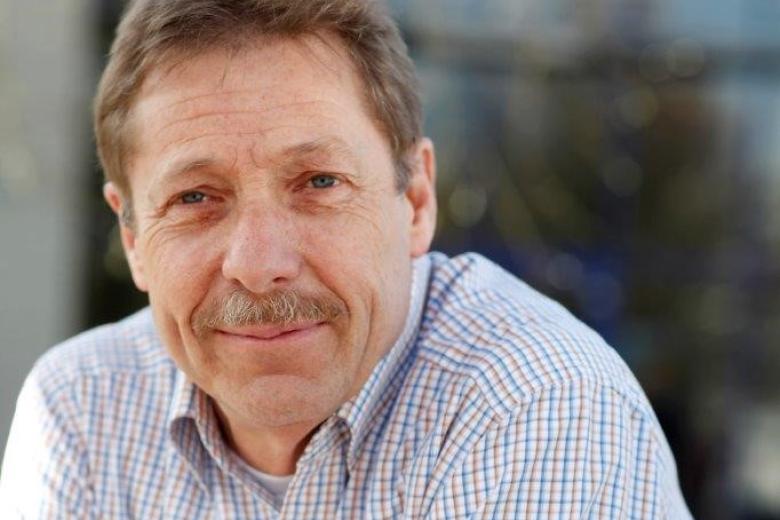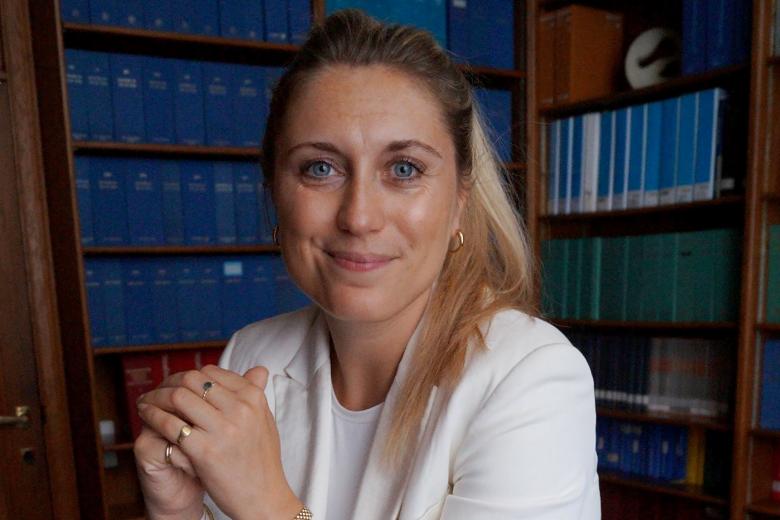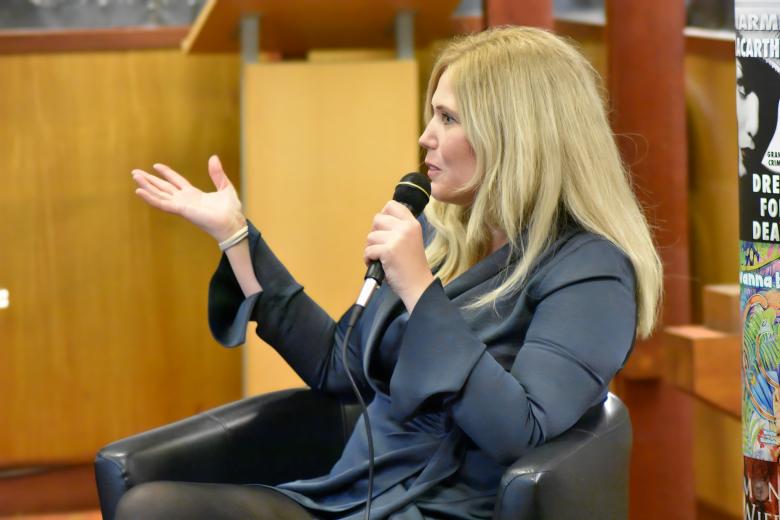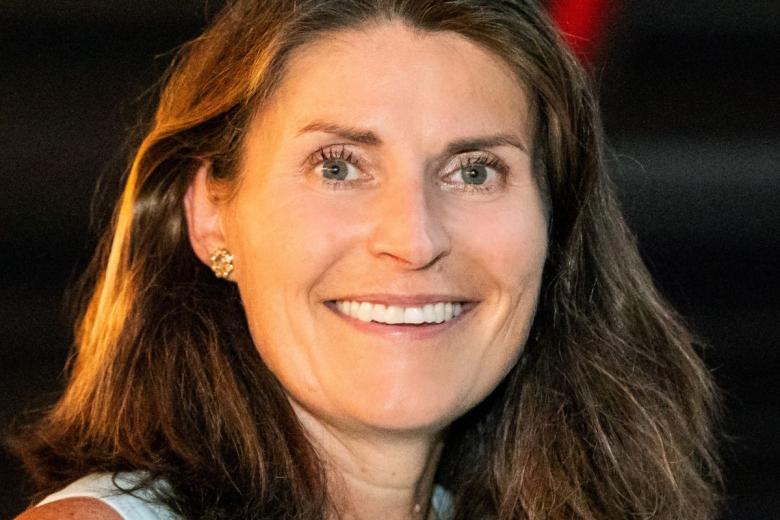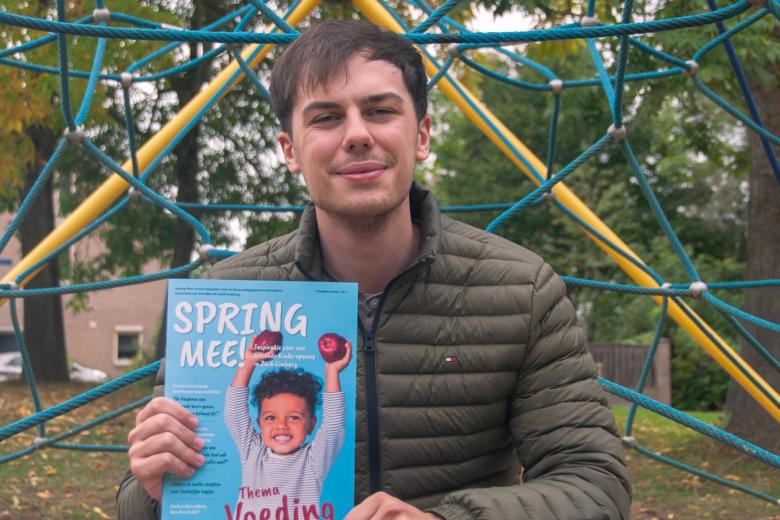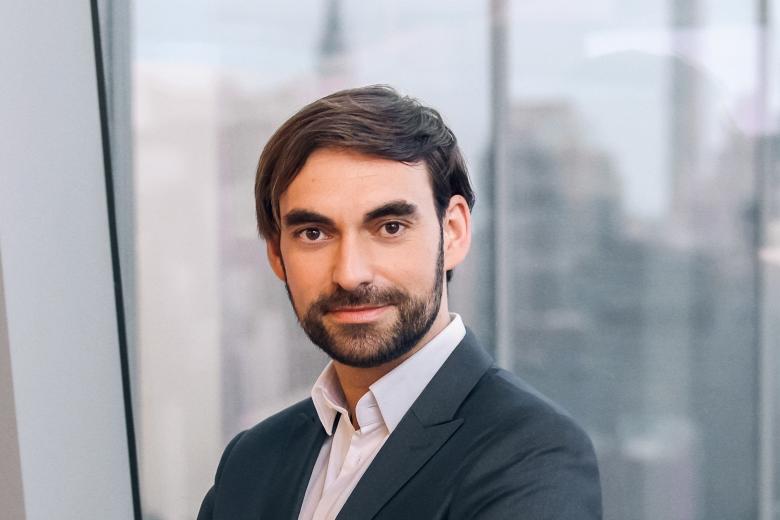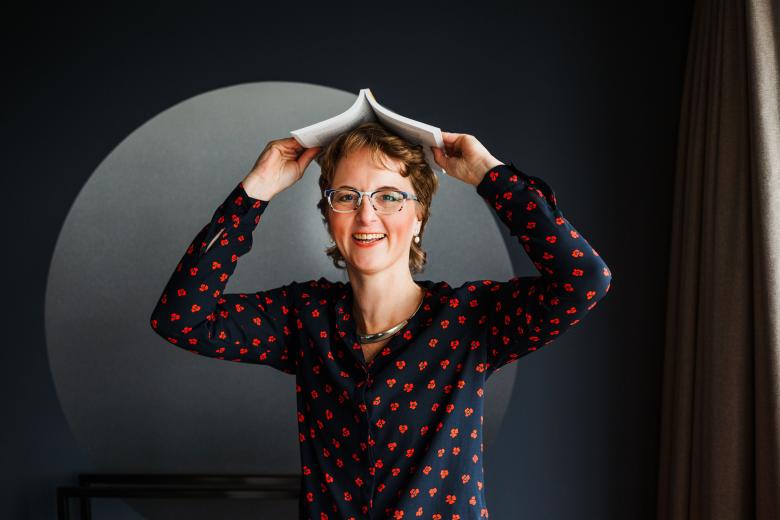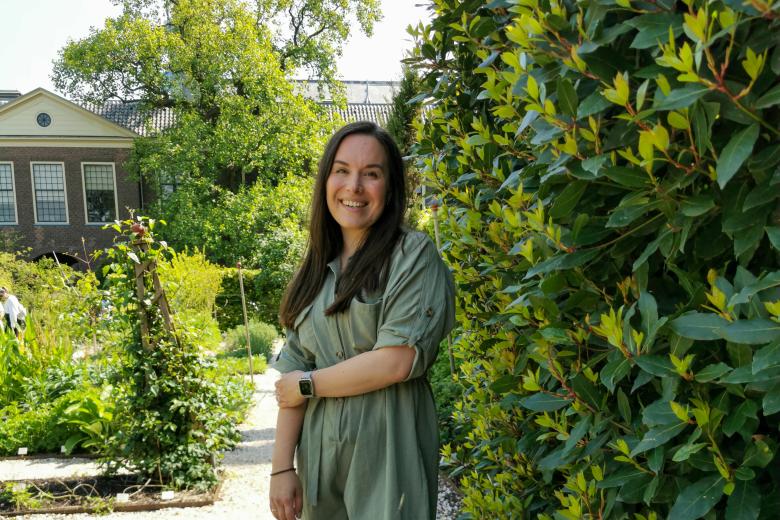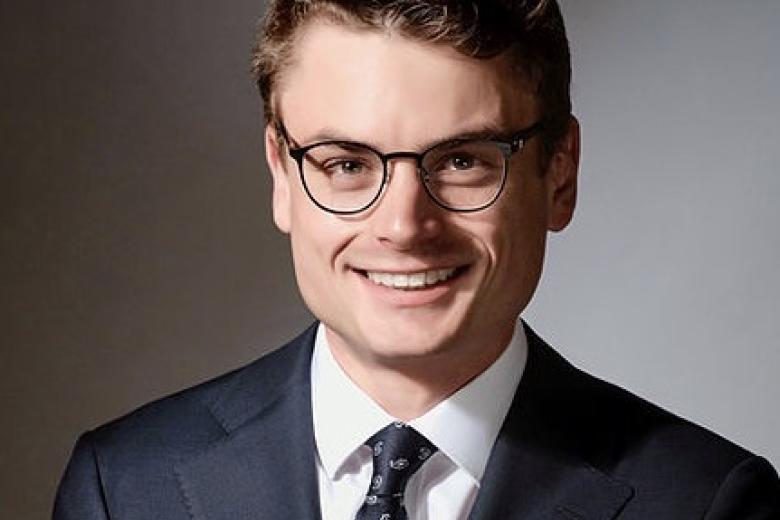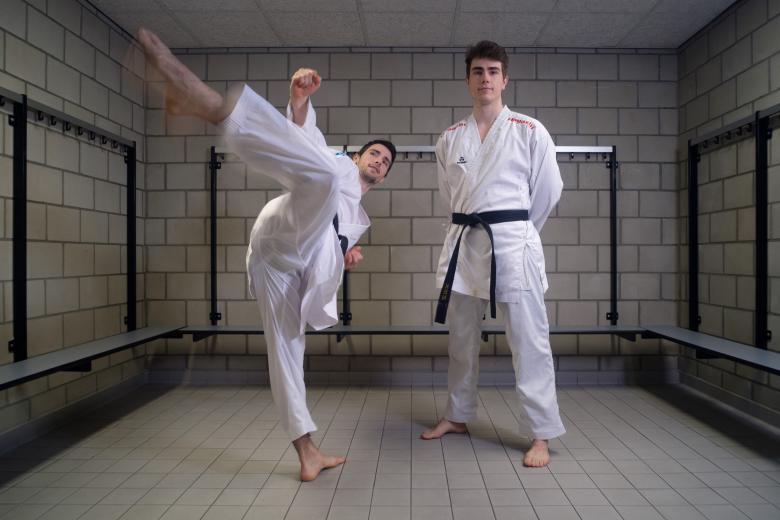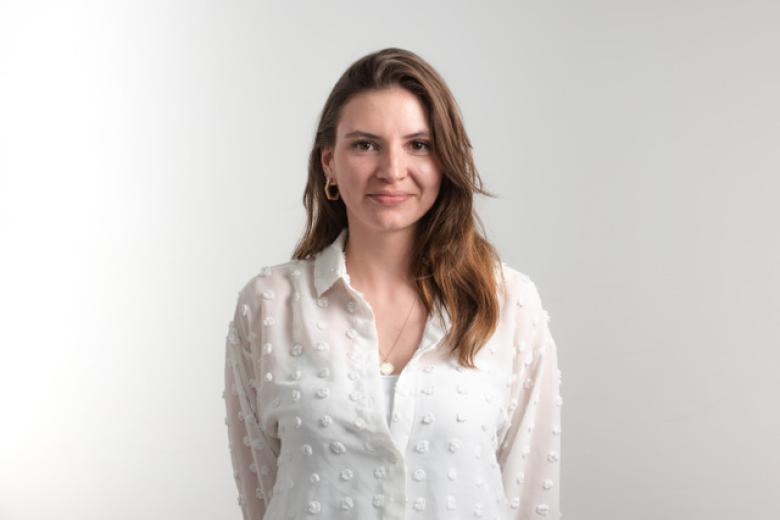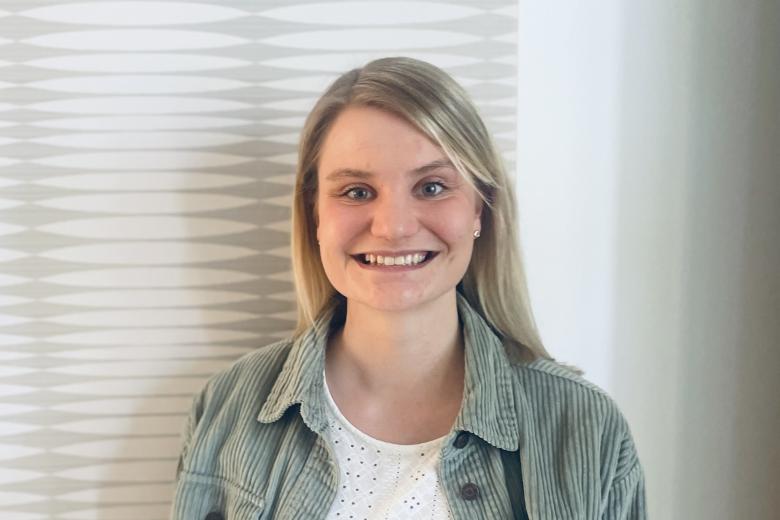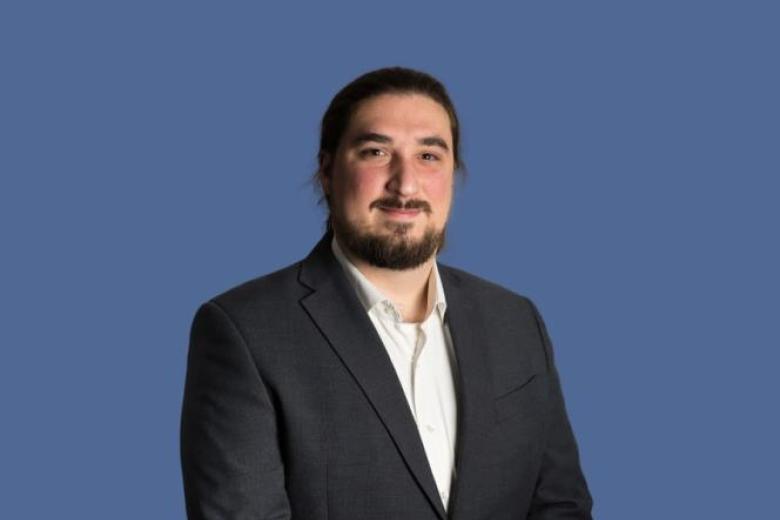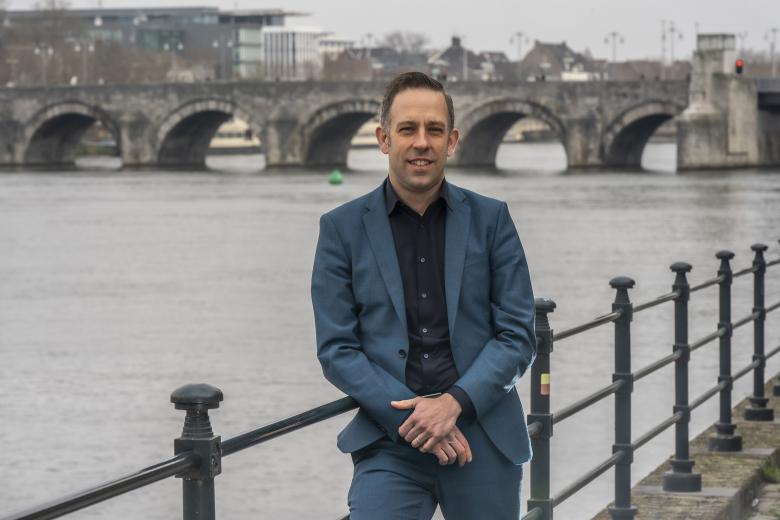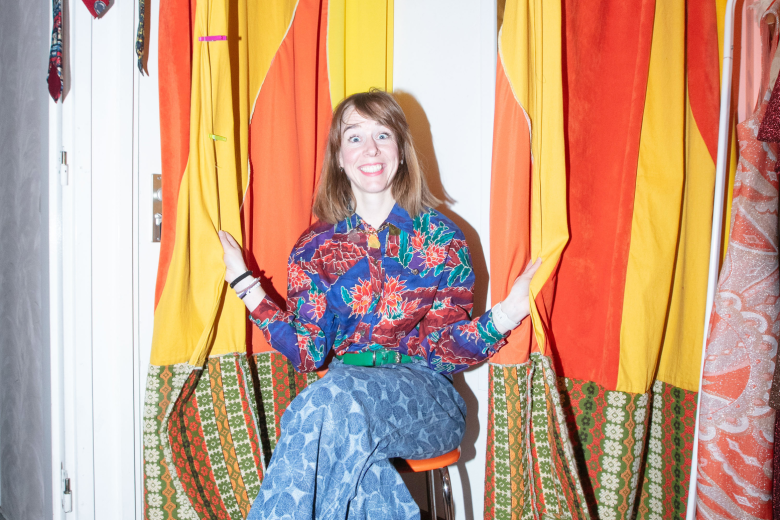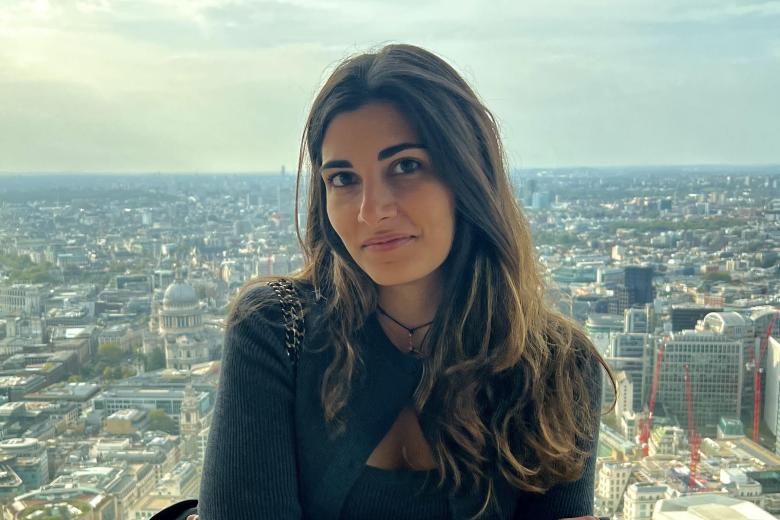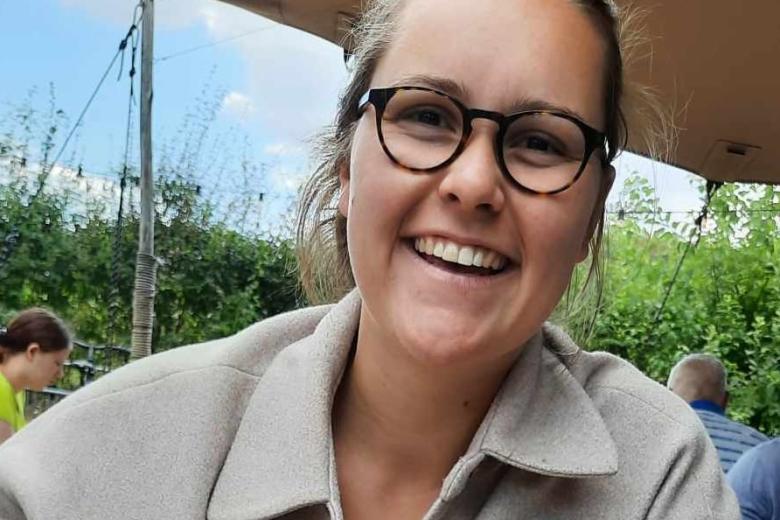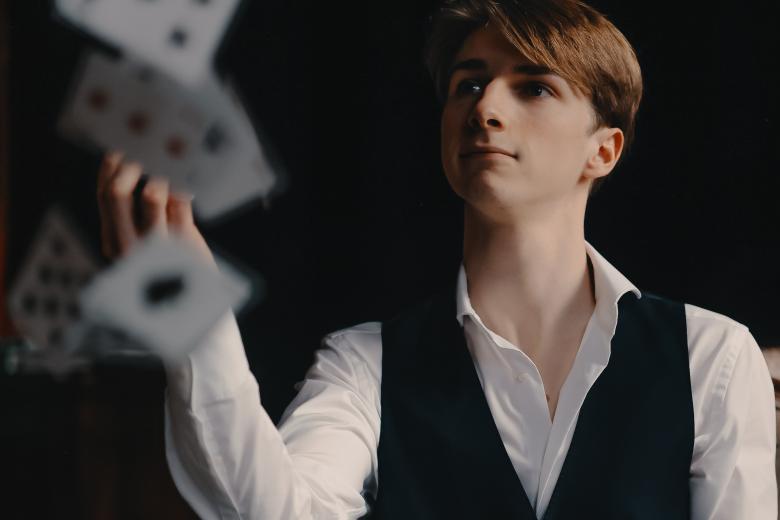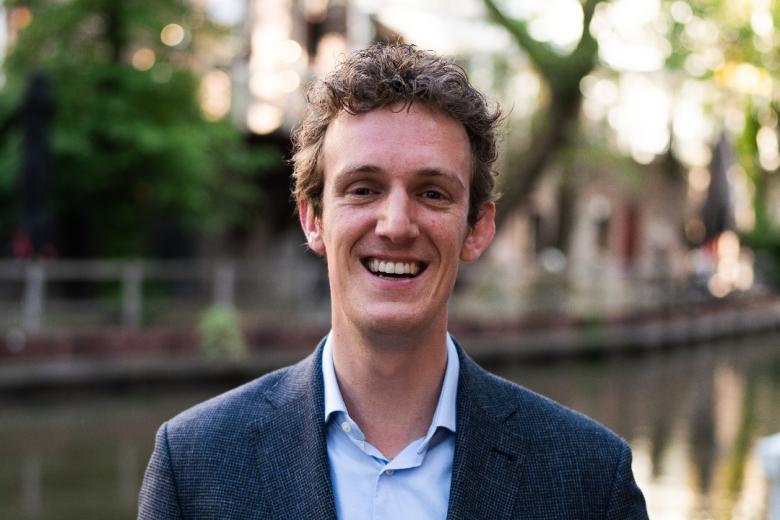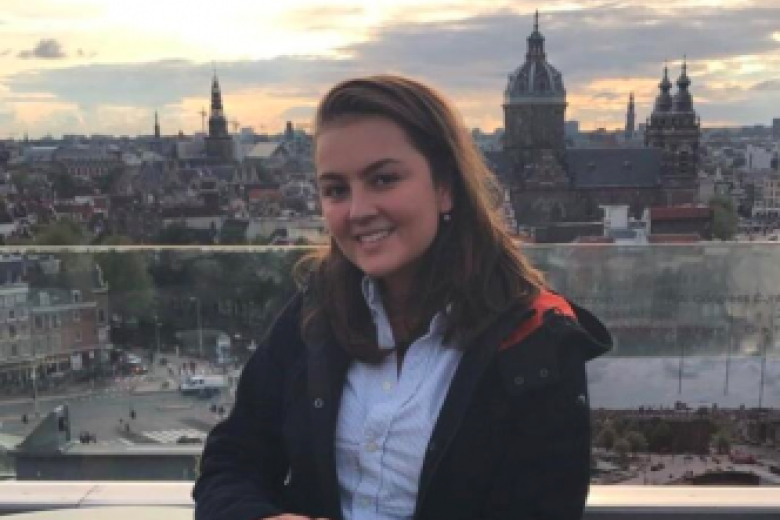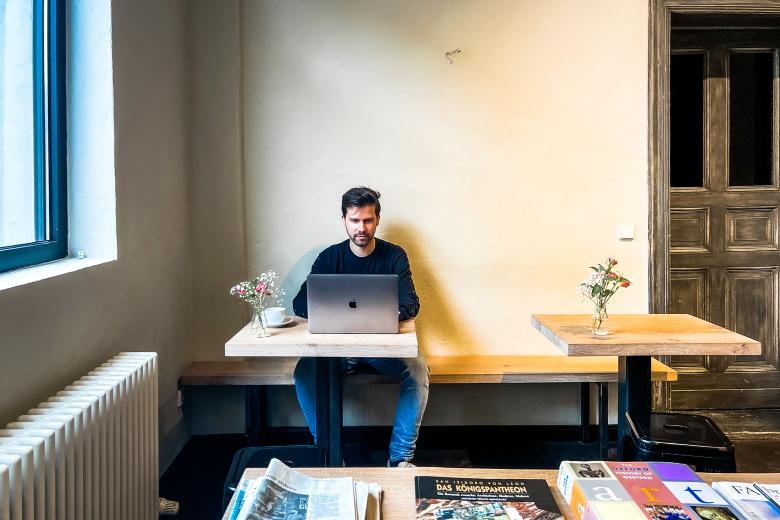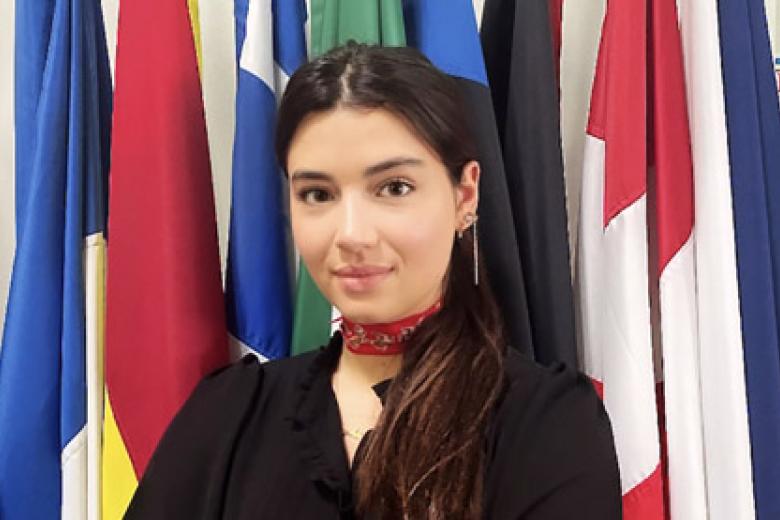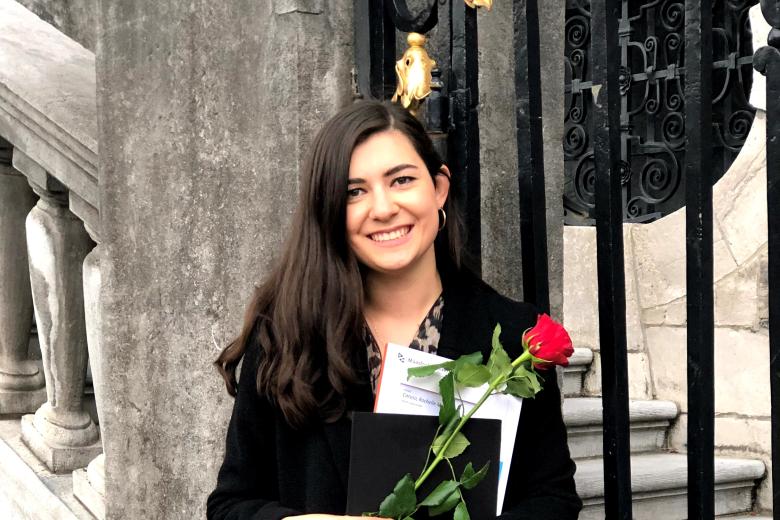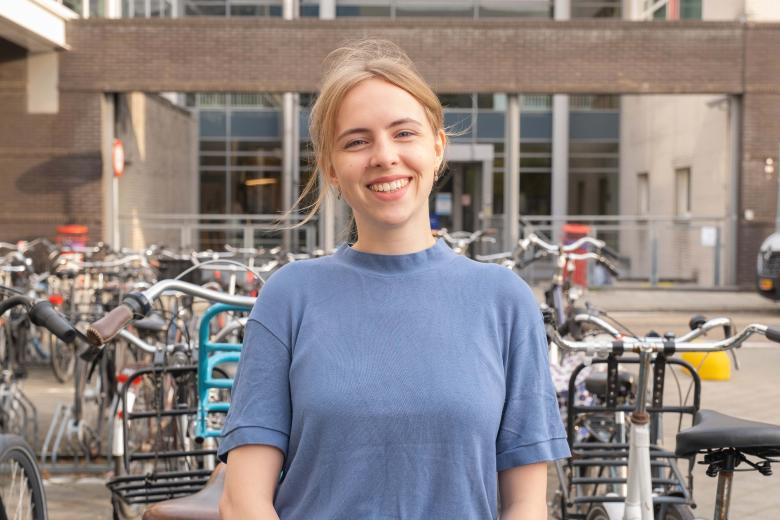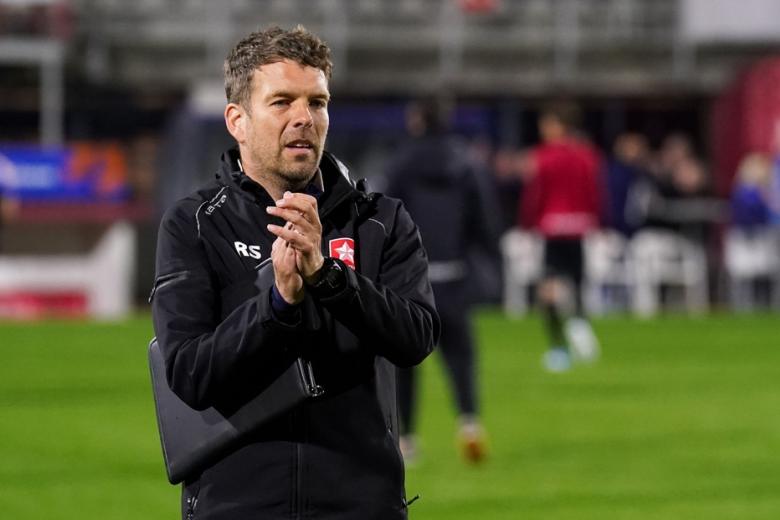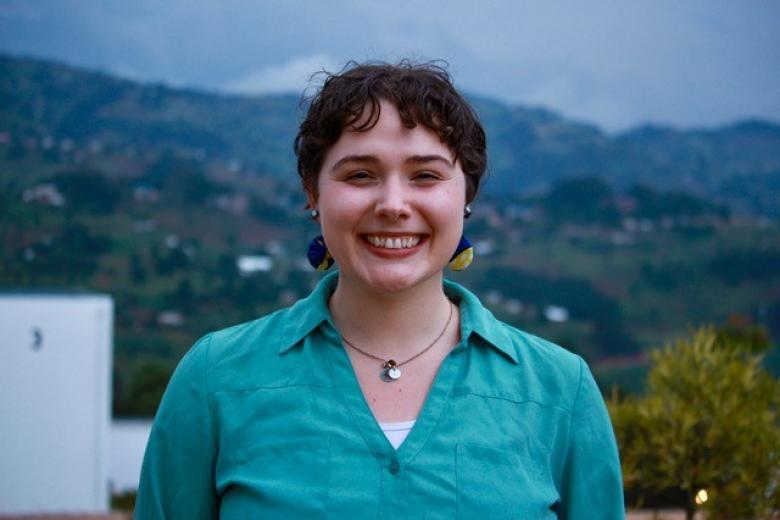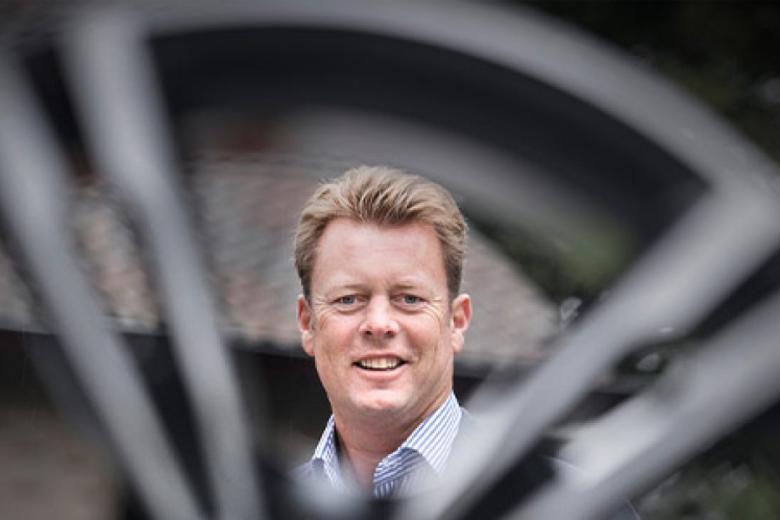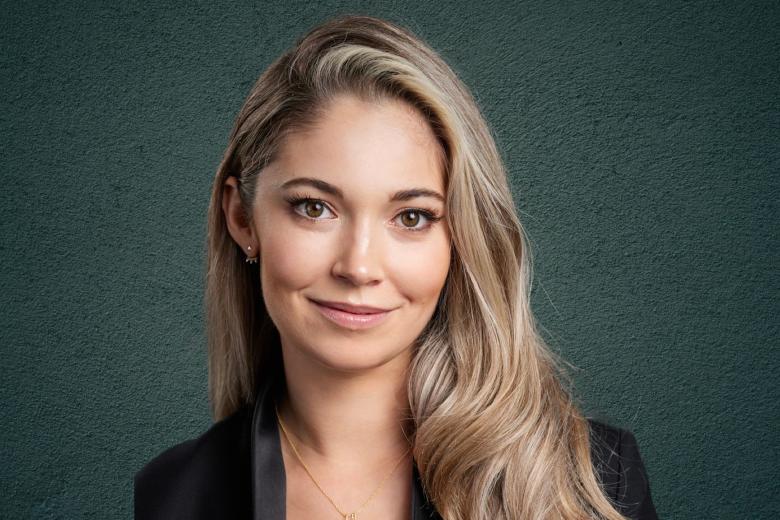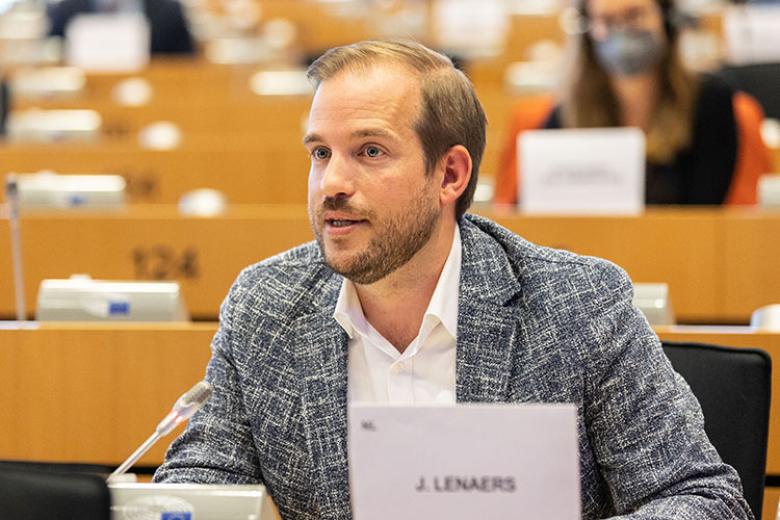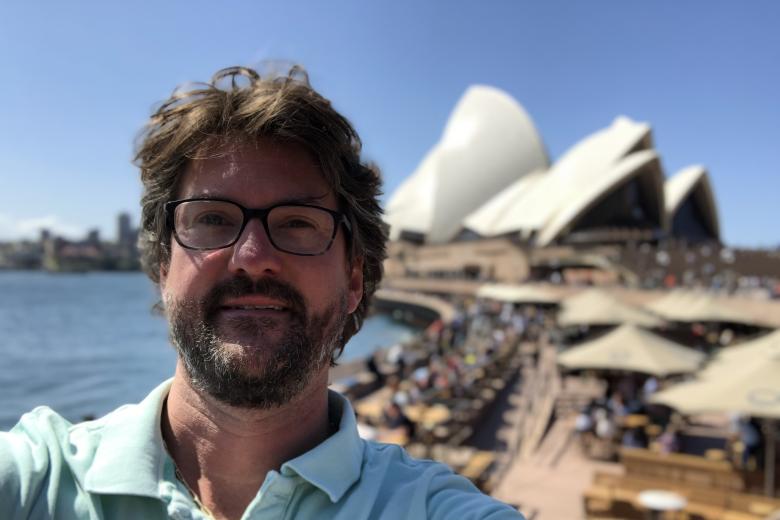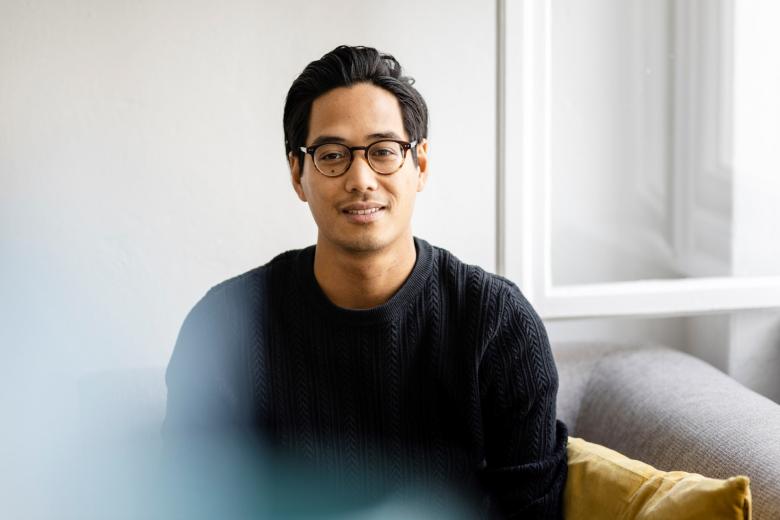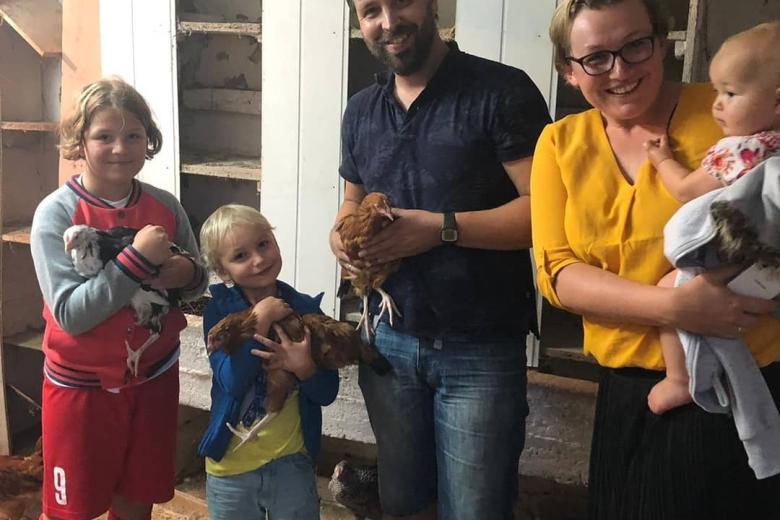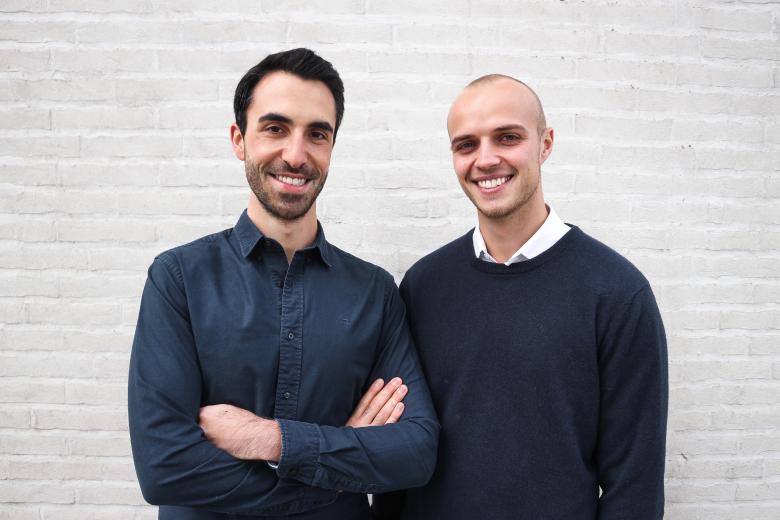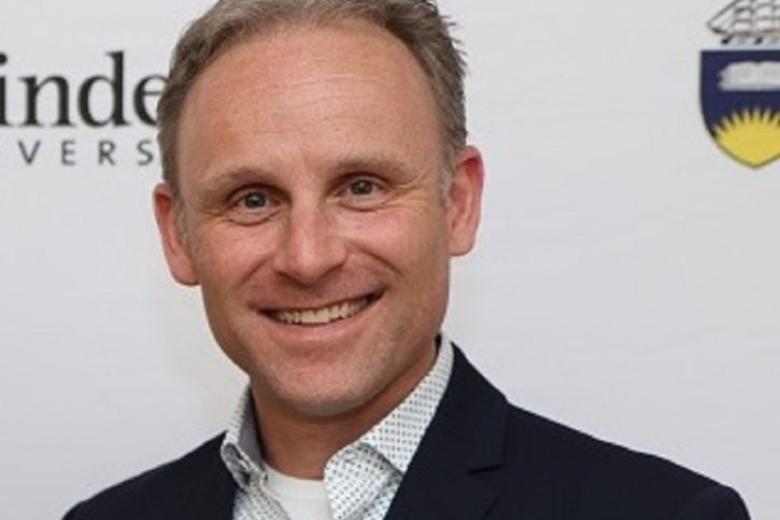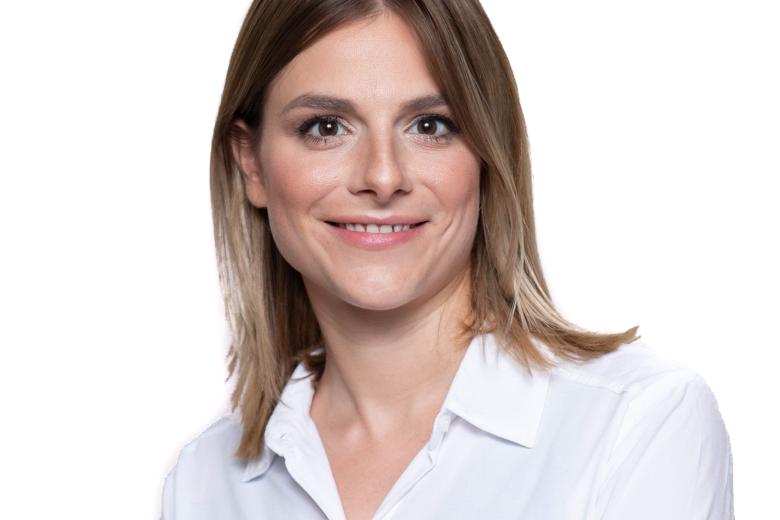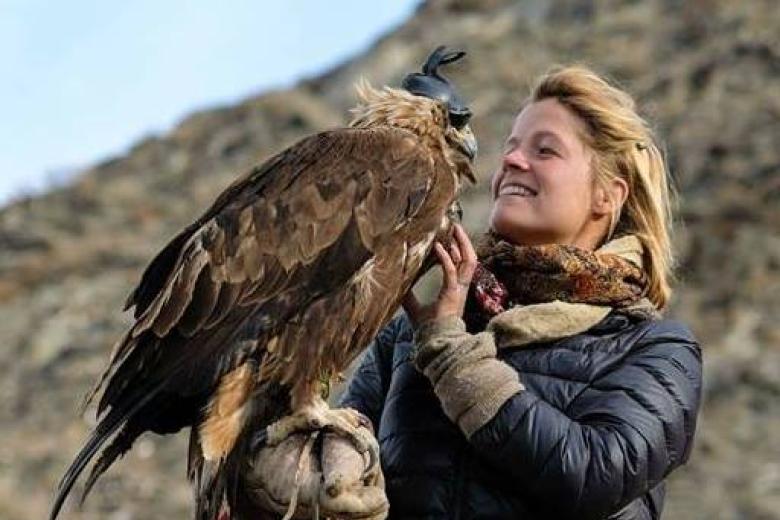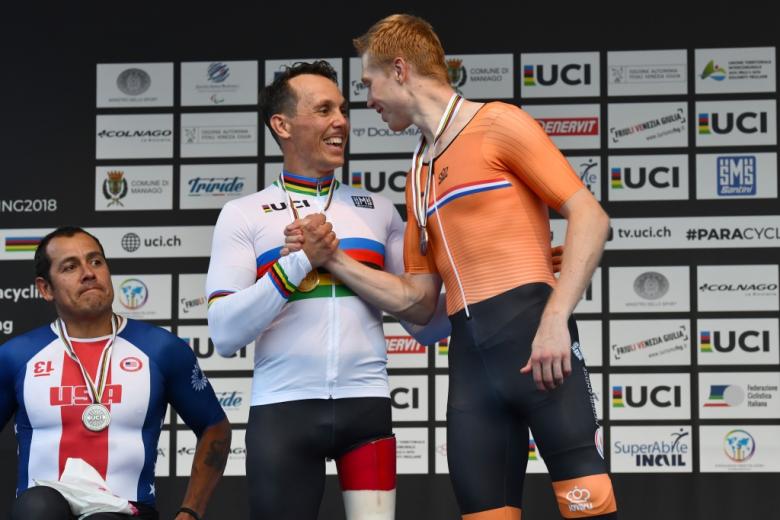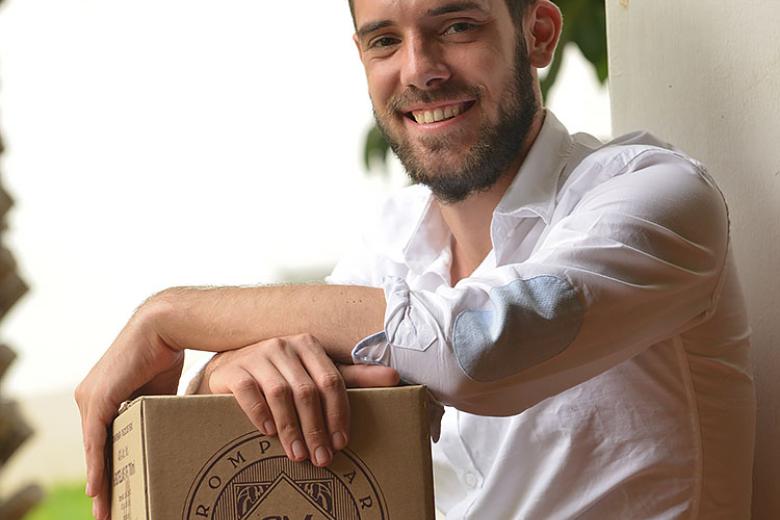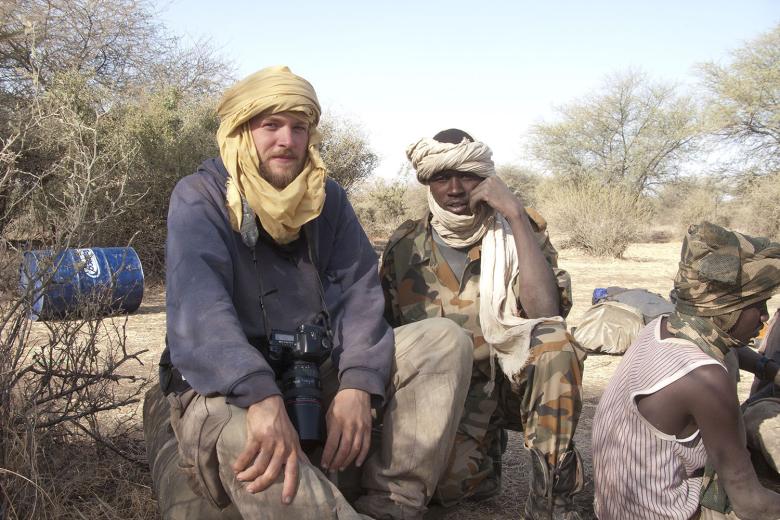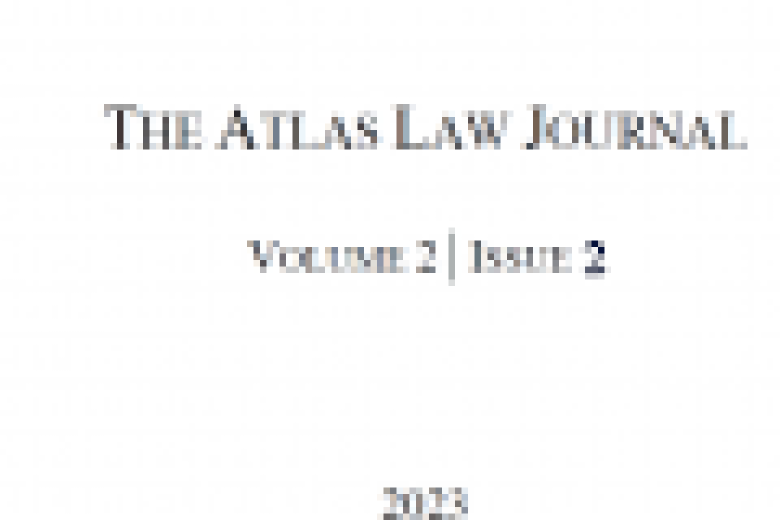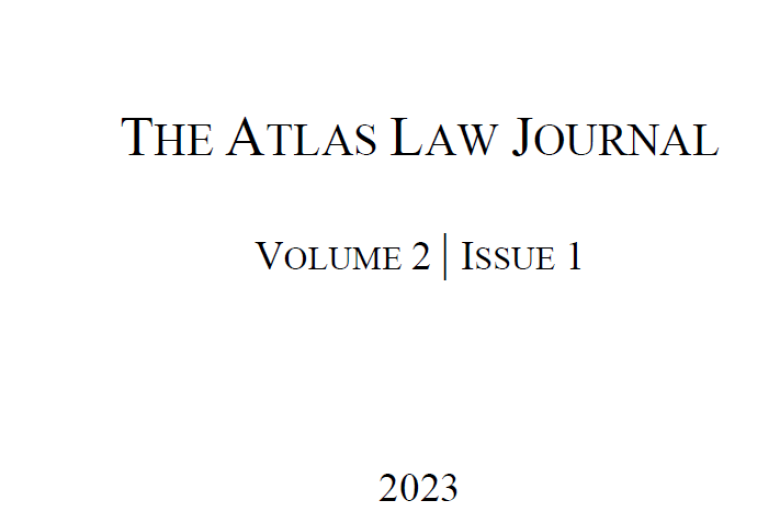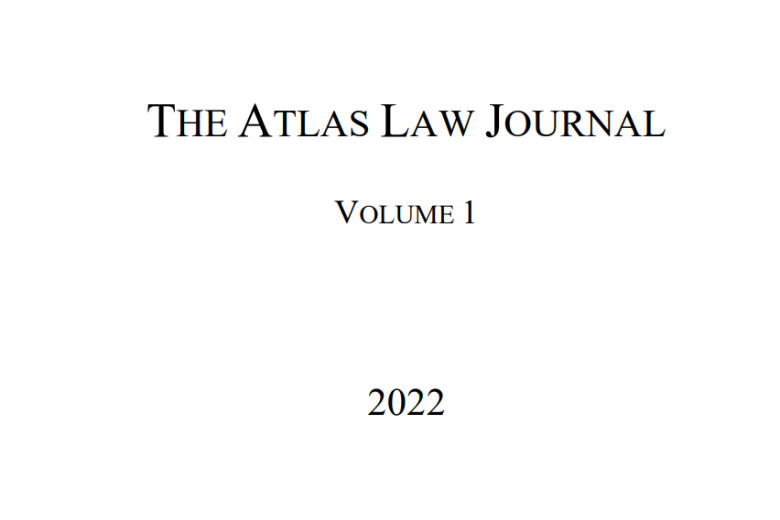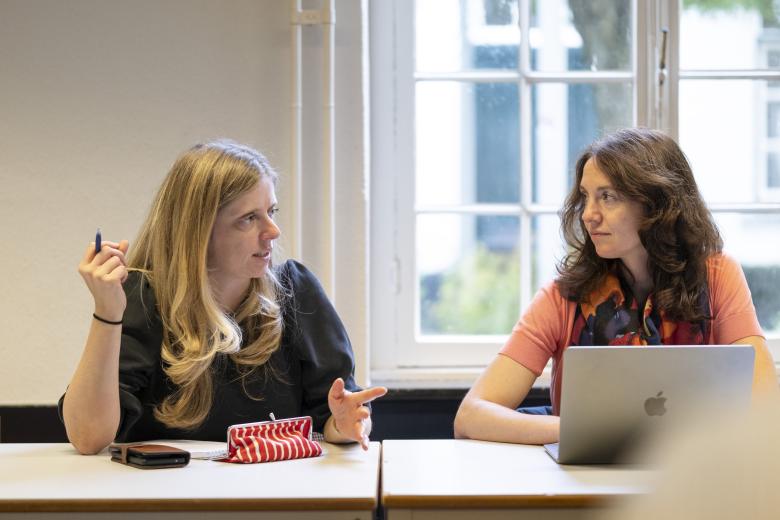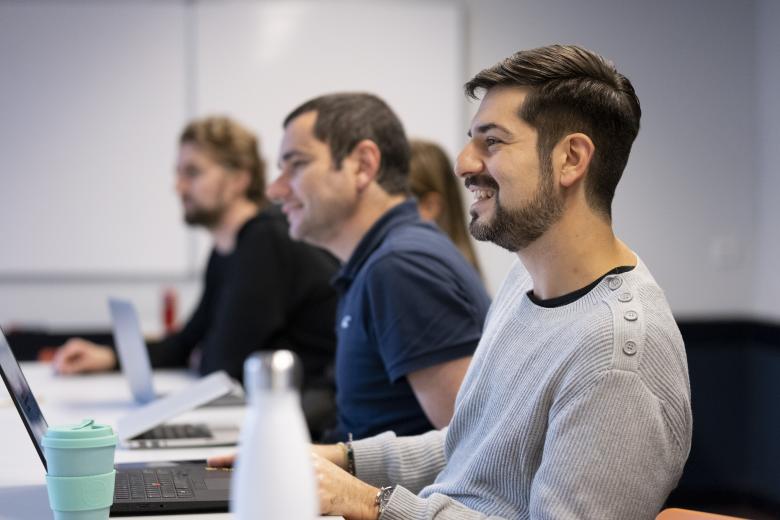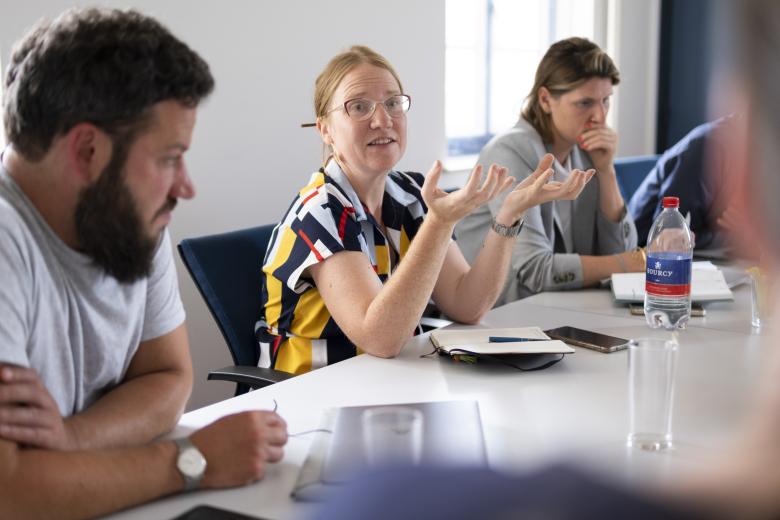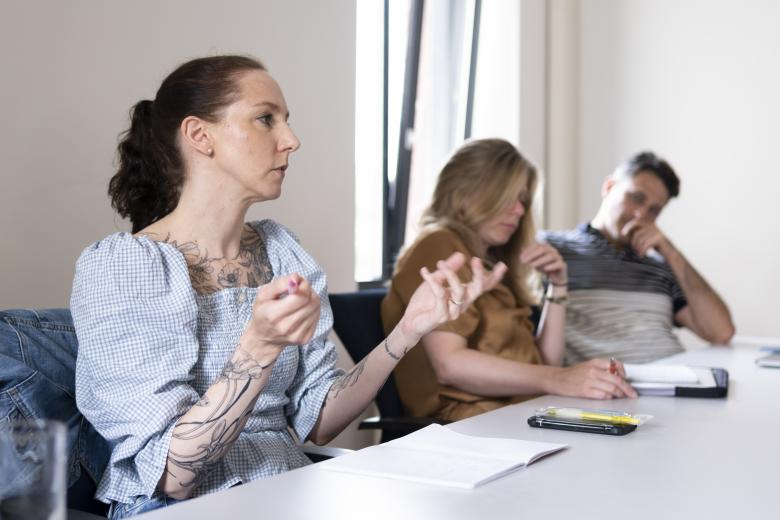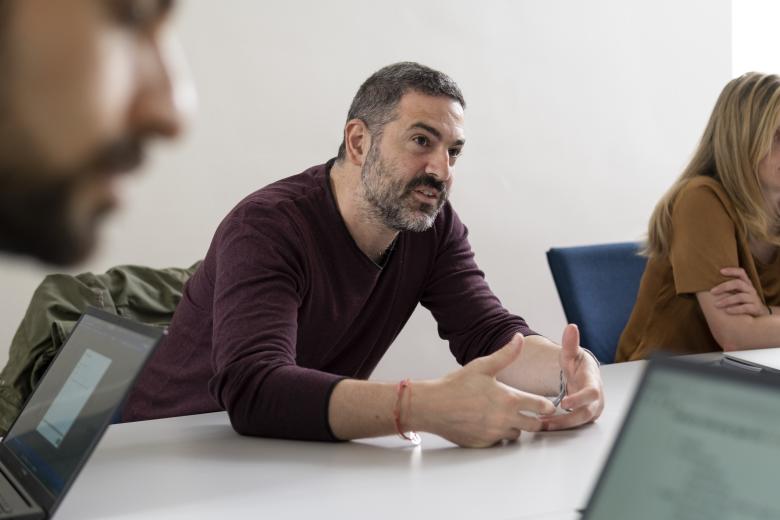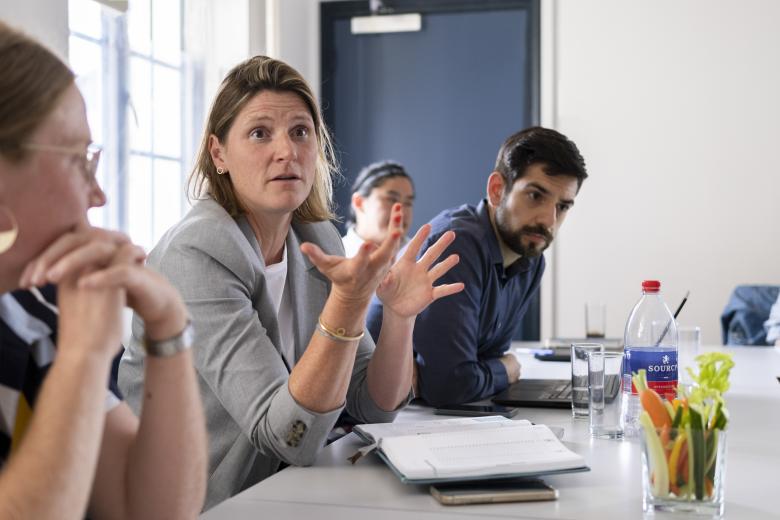Global Health
“During one of my summers in nursing school, I was a Medical Services Intern in Rome, Italy. While there, I learned about the country’s health system and listened to asylum seekers describe the impacts of environmental dangers and violence on their lives and health. I became more interested in listening, learning, and acting in the global health field, particularly in migration rights and health.”“Knowing that Maastricht University has a graduate degree in Global Health, I traveled there when I was living in Italy, two years before I eventually started my program. I knew that if I wanted to go to UM, though, I would need a scholarship. So, I applied for the Fulbright Program and explained why I wanted to study at UM: the variety of electives offered, community groups like Refugee Project Maastricht (RPM) with which to become involved, and opportunities to bring international perspectives back to the US to positively impact health care. In the end, I was fortunate to get the scholarship.”
“I arrived in Maastricht in August 2020. Things were somewhat open for a bit, but then the lockdown started. Classes changed from in-person to online, and we were all restricted in our movements around the city. Personally, it was hard. However, I was so impressed by the people I was still surrounded by. There were some Dutch and international students that stayed in the city. We only had each other because there was really nowhere else to go. The people I met became some of my closest friends, even to this day.”
Fulbright
“The Fulbright scholarship gave me opportunities to both go to Maastricht and to have a larger support system while I was there. In addition to having funding to live and study in the city, I was given additional University support as a scholarship student, including having meetings with an advisor each month.”
“It was humbling that when I was in Maastricht, I was able to be active in organizations I had dreamed about when writing my application, including RPM. In my role collaborating with people with refugee status, I was part of the Kids Team. Every week we went to the AZC and provided yoga, songs, and drawing for the kids; just different activities they could look forward to every week. We wanted to work together to foster more community connections for interested folks. During the summer, we had an event on International Refugee Day in which we walked all around the river in Maastricht, crossed the bridge, and ended in the center of the city where we ate food and gathered together.”
“Being part of RPM has been one of the most impactful experiences of my life. I learned so much. The experience helped me become more humble and genuine, and to improve my practices of de-centering my experiences. It’s really important to realize that people may have gone through a lot of trauma. We want everyone to be safe, to be with their family, to have the social support they need, and to be able to express their culture; however, the first steps of outsiders should be listening and learning. There are injustices that we are all working together to change, but that change should be led by the people most impacted. Others can provide support, but we need to ask if people want to engage and how, as well as realize that actions are messier than what you write in an essay.”
“In the end, my experiences with RPM guided me to see what I want to do in real life: listening, learning, and collaborating for community health and solidarity.”
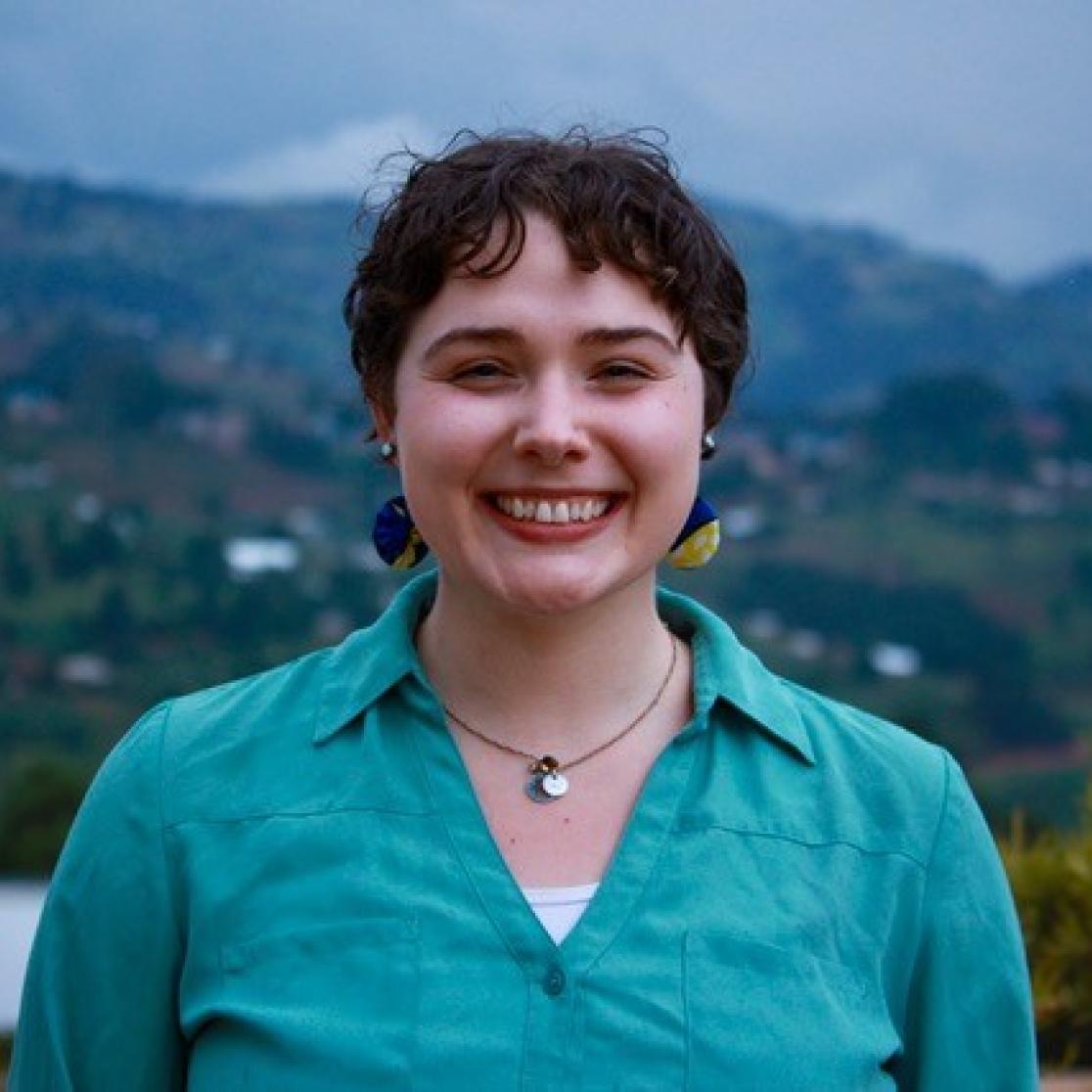
Rwanda
“After I graduated from UM, I was fortunate to move to Rwanda. I had followed a global health organization called Partners in Health for a long time, and they helped create a university called The University of Global Health Equity (UGHE), located in Butaro, Rwanda. UGHE has a Master of Global Health Delivery program with a track in One Health, and that is what I wanted to study based on my experiences in Maastricht.”
“For my UM Masters thesis, I conducted a qualitative, social-justice informed research study about how New York City community gardens contribute to food security. My supervisor, who I adore, is a specialist in ‘One Health,’ the intersection of human, animal, and environmental health. It is an interdisciplinary approach that values more holistic conceptualizations of health. My current program focuses very much on practical application. We are in a place where people are very connected with animals and the environment around them.”
“In terms of program structure, I have classes in the morning and additional research work for my practicum later in the day. Our current research is being conducted by my research partner, supervisors, and myself; it focuses on the integration of One Health into medical school curricula across Sub-Saharan Africa.”
“We also just spent a week in One Health Field School, during which we gathered data from sites in Rwanda’s capital and Eastern Province. For example, we went to Akagera National Park, where we saw zebras, giraffes, and other savannah-adapted species. We also went to a dog sanctuary, a milk collection center, and a mining site. It was impactful to have hands-on opportunities to analyze human, animal, and environmental health components and connections at those sites.
Scientific project
“For my scientific Field School project, my colleague and I focused on a milk collection center. I interviewed farmers with the help of our professor who translated to/from Kinyarwanda and English. I asked the farmers about their experiences of maintaining their farms, transporting the milk, and if/when the milk is rejected, which costs them time and resources. It was another great experience.”
I think there are a lot of people who would love to go to Rwanda, apply, and do a second masters. Not everybody dares to take the step. What would you say to those who are thinking about doing a second masters abroad?
“I would say go for it. For me, the opportunities I have sought out are not only for the academic or professional titles but more so for the life experiences. As we have seen with the COVID-19 pandemic, to different degrees most people have faced challenges. So, my perspective is to reflect on the past and think about the future, but to live in the present. These past several years and experiences have helped me realize who I am as a person and what I value in life, connections to people and places.”
Text: Tineke Oosterloo
